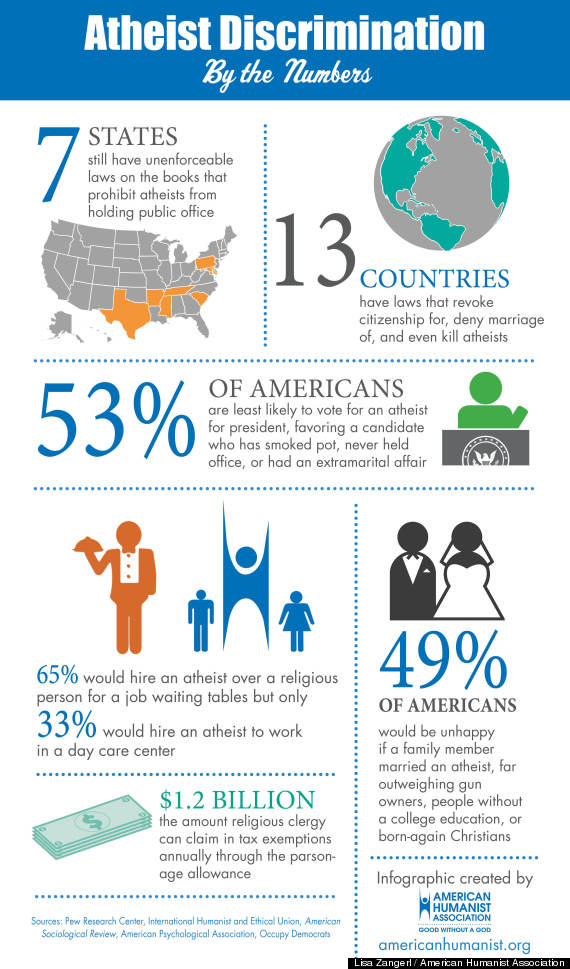Like most non-believers, I have often wondered how any educated person can possibly believe in god. The contradiction seems to be too much to understand. Once one knows the history of science it becomes glaringly obvious that all religions are just primitive myths. It also becomes glaringly obvious that the arguments used to support religious belief are not logically valid.
Or, to put it more succinctly, once you know of the way in which "gods" and "spirits" were used by more primitive people to explain away mysteries--to fill the gaps in our knowledge--then you can't help but notice that this is precisely the way religious people today use their "god".
The god of the gaps type arguments are really all that the religious have to rely on. But, as I explained previously, this type of argument is simply not valid and the past instances of its failure are proof of that. They prove it rather conclusively, in fact, because that argument has been proven wrong every single time mankind has put it to the test.
Mankind once thought the winds were caused by gods, now we know it is because the sun heats up the air at the equator more than the air at the poles, which caused sideways movement (wind) as the air at the equator rises leaving a vacuum that sucks in the cold air that is sinking at the poles.
Mankind once thought the Earth was flat and held up by a god. Now we know it is round and that we are held onto it by its gravity, which curves space and holds us to the Earth.
As our knowledge of the natural world becomes greater, we learn that our supernatural hypotheses are false because they are not grounded in fact. One cannot help but learn this lesson if one has even a little education.
So, how is it possible that some can cling to religion in spite of an education that appears to have been adequate to acquaint them with this knowledge?
One answer to this question that is often suggested is that the religious somehow "compartmentalize" the various ideas in their minds so that their religion doesn't have to face this challenge. Personally, I don't know how this is possible. I have long suspected it is true, but I simply could never do such a dishonest thing.
I no longer have any doubt, however, that this is exactly what some believers do because I read this
article on Alternet in which a believer unknowingly provided a perfect example of this type of non-reasoning and an example of why it is illogical.
The article is entitled "Why Atheists Like Dawkins and Hitchens Are Dead Wrong." The author, a young western Muslim woman, tells us that atheists are dead wrong to say that religion and science are irreconcilable.
The problem, however, is that she doesn't actually address the issue of whether or not religion and science are irreconcilable. Here, in her words, is the solution to the "problem" and the explanation of her opinion that they are compatible:
There’s plenty of wiggle room and then some. On anything that is not
established as theological Truth (e.g. God’s existence, the finality of
Prophethood, pillars and articles of
faith), there is ample room for examination, debate and disagreement,
because it does not undercut the fabric of faith itself.
There you have it, the wall compartmentalizing religion and keeping it from the withering glare of science. There is plenty of room for both religion and science, she tells us, provided that one does not debate, examine, or disagree with anything that would undercut the fabric of faith, which, of course, means that articles of faith are never even given a chance to conflict with science. (It is also a one way street in which articles of faith can grow in number as the churches see fit, but science is not allowed to increase its domain in a similar way.)
This young woman's article is explicitly meant to debunk the assertion that religion and science are irreconcilable, which is defined as: Incapable of being brought into harmony or adjustment; incompatible.
It is not correct to say that two things do not conflict when the truth
is that one has never allowed them to come into contact, much less
examined and compared them.
Notice first that the definition contemplates action or attempted action on the part of the person trying to determine if the word "irreconcilable" applies. One cannot know if something is irreconcilable with something else if one does not ever try to reconcile them, and the author has not only not done so, she has told us it is forbidden.
Thus, it is clear that the author failed utterly to prove her point that Dawkins, et al., are wrong when they assert that religion and science are irreconcilable. She makes no attempt to reconcile them or prove that it can be done. In fact, it appears as if she has never attempted to reconcile these two things. Instead, she walls them off from each other--the way one would with any two things that are incompatible or irreconcilable.

